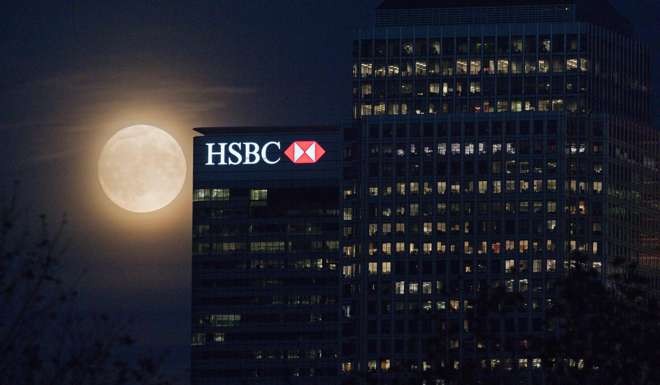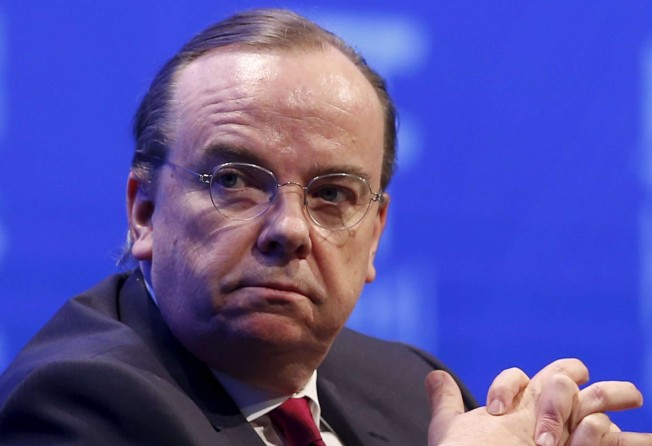
HSBC CEO Gulliver believes lower bank profitability the new normal

Investors need to lower their expectations for bank profitability, as a 10 per cent return on equity is probably as good as large universal lenders can do, according to the chief executive officer of Europe’s biggest bank.
“If you’re a universal bank, much less risky than before, with considerably less leverage,” 10 per cent probably is the new goal, HSBC Holdings Plc CEO Stuart Gulliver said in a Bloomberg Television interview. With capital rules still in flux, he said banks have been struggling to answer shareholders’ question “how on earth can you get return of 12 to 13 per cent? Well, you probably can’t.”
European banks have been trading at less than the net value of their assets since the credit crisis of 2008 prompted an overhaul of financial regulation, requiring lenders to add billions in loss-absorbing reserves. With profitability showing little sign of rebounding to pre-crisis levels amid anaemic growth and low rates, causing investors to shun the sector, regulators such as Mark Carney at the Bank of England have flagged the earnings power of banks as a “concern for financial stability.”

Investors still view 10 per cent as the minimum acceptable level for return on equity, a closely watched measure of bank profitability, Gulliver said.
Once regulators finish tweaking capital rules, that expectation -- known as cost of equity -- should fall to 8 per cent. Gulliver said global banks like his own will eventually produce a return of 10 per cent, a dividend yield of 4 to 5 per cent and will trade at about 1.1 to 1.2 times book value.
“That’s probably your kind of new framework,” he said in the interview at the World Economic Forum in Davos, Switzerland.
Before the financial crisis, HSBC generated a return on equity of 16 per cent and often traded at almost twice its book value. It made a 4.4 per cent ROE in the first nine months of last year and trades below book value. In August, the bank abandoned its target of surpassing 10 per cent by the end of next year.
It’s far from alone: the average ROE sank to 5.7 per cent at European Union banks as of June, a decline of more than a percentage point from a year earlier, according to the European Banking Authority.
When capital and leverage rules are finalised, “that will help the industry because one of the things that’s happened is we are holding a hell of a lot more capital but the cost of equity has never gone down,” the CEO said. “Our investors still think our cost of equity is the same as in 2006” because they “have not managed to get their heads around what’s the quantum of capital needed.”
Banks could be waiting a while longer for that question to be answered. While regulators have said they’re closer to making final tweaks to capital standards, they delayed a key meeting earlier this month, saying they need more time to strike an agreement after European authorities campaigned to soften the rules.